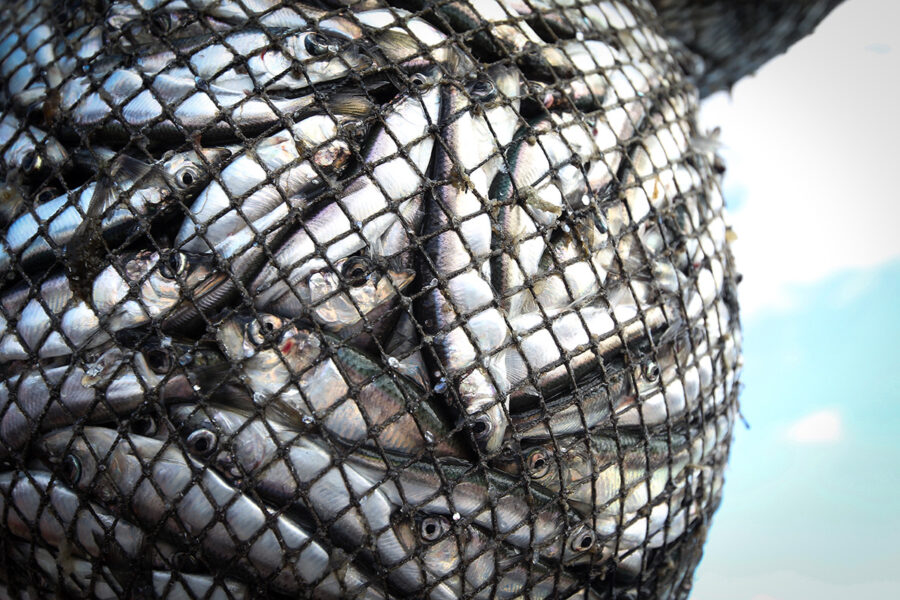The EU-UK Specialised Committee on Fisheries set up as part of Brexit, confirmed new agreements at the end of last month designed to harmonise management and provide for more practical working arrangements for fishermen.
Possibly the most welcome will be the agreement on what the European Commission has called ‘a mechanism for voluntary transfers of fishing opportunities between the EU and UK’.
In layman’s terms, reopening the possibility of fast and flexible international quota swaps should pave the way for a return to the more straightforward arrangements, often initiated by producer organisations, for quota swaps between the UK and EU member states, that regularly took place before Brexit.
Two other issues agreed were guidelines for notifying new fisheries management measures to the other party, and more detailed agreement on the management of four North Sea flatfish stocks: lemon sole, witch, turbot and brill.
Welcoming the agreement, EU commissioner for environment, oceans and fisheries Virginijus Sinkevičius said: “These agreements demonstrate that the EU and UK can work effectively together under the framework of the EU-UK Trade and Co-operation Agreement. These agreements will improve the sustainable management of our shared fishing stocks and support both our fleets.”
As we went to press, neither Defra nor Marine Scotland had issued a statement about the agreement. We contacted both for comment, and received short replies from both by way of response.
A Defra spokesperson said: “We are pleased that the Specialised Committee on Fisheries has reached agreement on these important issues around fisheries management which fulfil obligations under the Trade and Co-operation Agreement.
“We look forward to seeing how these decisions will help improve the sustainable management of our shared fishing stocks.”
A Scottish government spokesperson told FN: “The Scottish government’s key focus is still to protect Scottish fishing interests from the devastating impact of Brexit. We are closely involved in the work of the Specialised Committee on Fisheries, and we continue to work with the EU on the sustainable management of jointly managed stocks to try to ensure fishing opportunities for the Scottish fleet.”
The new mechanism for international quota swaps will be based on the interim system agreed in 2021 and, says the Commission, will allow for streamlined agreement that will better reflect the needs of fishermen in the UK and EU. The text of the agreement confirms: “The mechanism will operate annually through a series of regular individual rounds between the parties between 1 April and 31 January of the succeeding year, usually with a four-week gap between rounds.
“The parties will agree a schedule for these rounds in advance, including dates by when the parties, if both wish to propose transfers, will exchange lists of proposed transfers.”
For the four North Sea flatfish species, the TACs have largely been a target rather than any limiting factor in a fishery. However, the new agreement with the EU has accepted advice from ICES that stated that the previous management approach entailed sustainability risks.
A new framework for setting out TACs for the species has been agreed, following ICES recommendations, which also sees the creation of separate TACs for the four species in the English Channel and the Skagerrak.
The joint guidelines for notifications of management measures are, says the Commission, ‘another important milestone’. Both the EU and UK now have to notify the other party of all management measures they take in their respective waters that may impact the vessels of the other party. The guidelines include timelines for notification and standardised content of notifications.
The agreement will add another level of complication to the development of several of the first round of Fisheries Management Plans, including the Southern North Sea and Eastern Channel mixed flatfish and Channel demersal non-quota species – particularly relating to the development of new management measures for the Channel fly-shooting fleet.
This story was taken from the latest issue of Fishing News. For more up-to-date and in-depth reports on the UK and Irish commercial fishing sector, subscribe to Fishing News here or buy the latest single issue for just £3.50 here.
Sign up to Fishing News’ FREE e-newsletter here.








